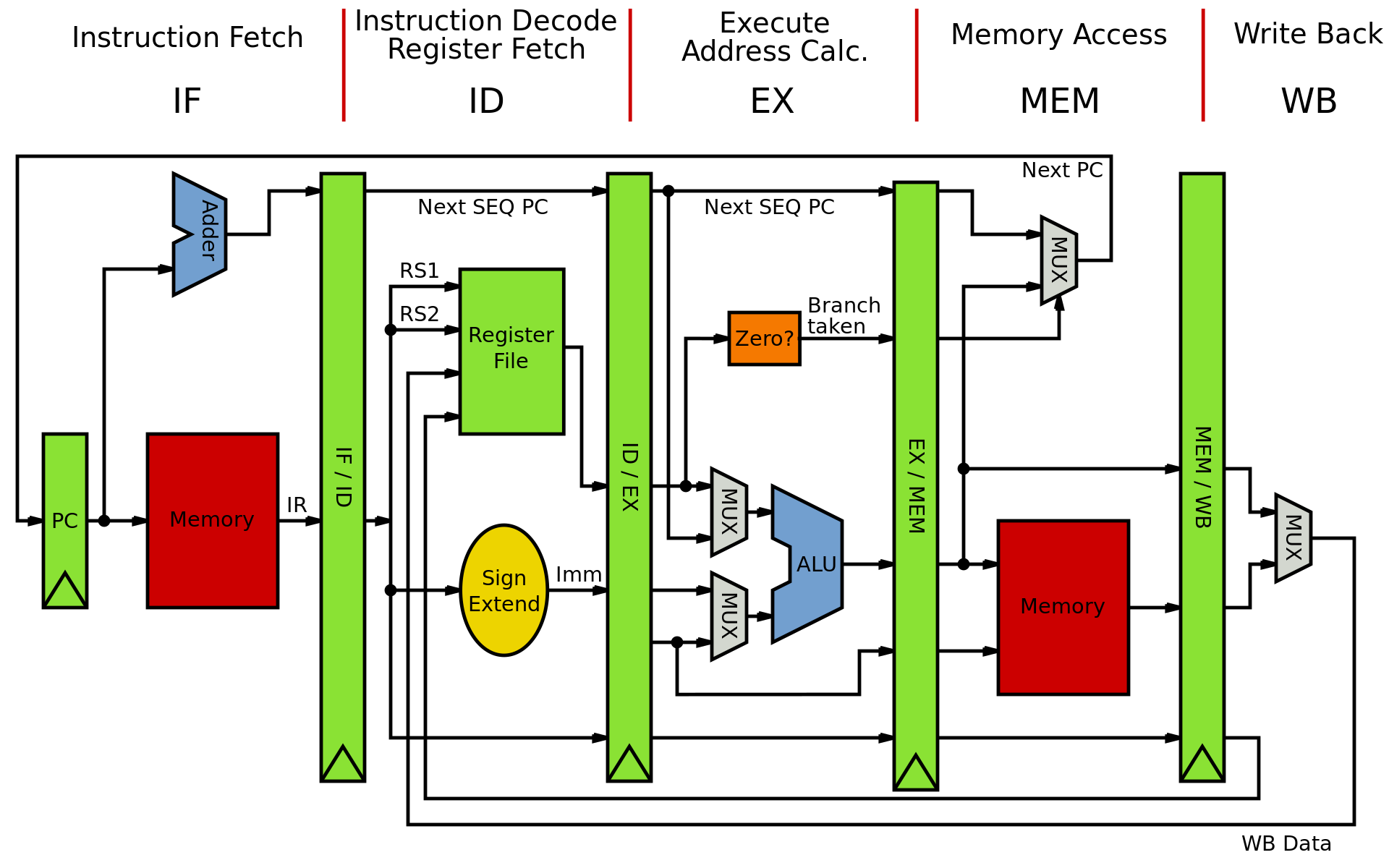Helloworld
hello world的代码及注释
1 | /* this is the first c program */ #注释 |
编写,编译,运行,调试
- debug
- 便于一步步调试
- release
- 更精简
- x86
- 32位
- 处理器,寄存器处理4个字节
- 内存寻址32位
- x64
- 64位
- 处理器,寄存器处理8个字节
- 内存寻址64位
- .cpp与.c的区别
- cpp语法更为严格
- cpp可以在后定义变量
Linux编写,编译,运行,调试
1 | vim hello.c |
一些常用gdb命令
1 | b 行号:打断点 |
在main之前执行函数
linux
1 | #include <stdio.h> |
win
1 | #include <stdio.h> |
本博客所有文章除特别声明外,均采用 CC BY-NC-SA 4.0 许可协议。转载请注明来自 waddle's blog!





